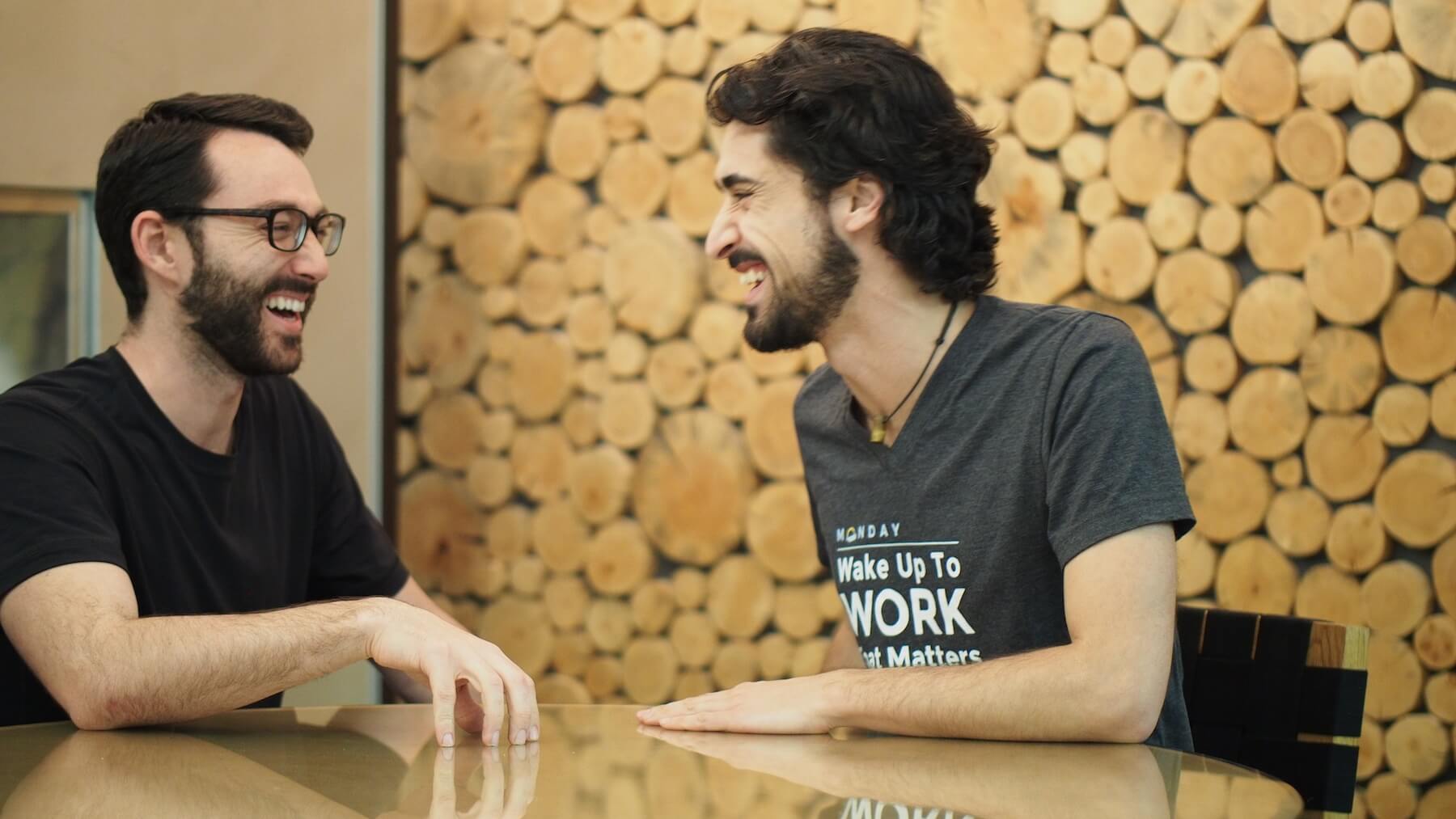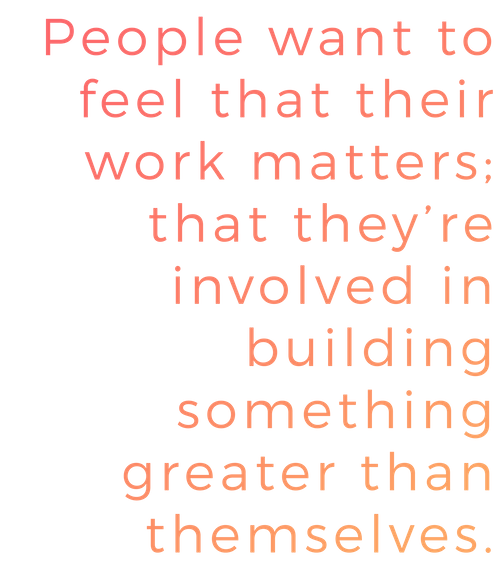This post is part of a series profiling 17 ventures who participated in the first-ever accelerator dedicated to leveraging market forces and public-private partnerships to achieve the 17 Sustainable Development Goals by 2030.
 t’s hard enough to start a company, let alone one dedicated to solving a seemingly intractable global issue. Perhaps the single most important factor in the success of a business bold enough to take on challenges like poverty, gender inequality, or climate change is the quality of the team with which it is built.
t’s hard enough to start a company, let alone one dedicated to solving a seemingly intractable global issue. Perhaps the single most important factor in the success of a business bold enough to take on challenges like poverty, gender inequality, or climate change is the quality of the team with which it is built.
While many qualified professionals desperately want to make an impact with their careers, they don’t know where to begin looking for the companies that sit at the intersection of profit and purpose. Similarly, these companies struggle to find and connect with the candidates they need in order to build teams capable of scaling massive and measurable impact.
Evan Walden and Raul San Narciso co-founded Monday, an impact-driven hiring platform, to bridge this gap between social impact companies and the vast, untapped pool of talented candidates in search of meaningful work. The platform enables companies to showcase their mission to applicants who are looking for work that matters, and then facilitates introductions through a unique internal referral process that leverages the trust intrinsic to relationships contained within each company’s network.
 Evan Walden (CEO) and Raul San Narcisso (CTO) of Monday.
Evan Walden (CEO) and Raul San Narcisso (CTO) of Monday.
It is a triple win of the too-good-to-be-true genre, an exceedingly simple solution that hints at a new era of hiring in which companies build stronger organizations, faster; candidates find their dream jobs; and the resulting teams are better equipped to impact the great challenges of our time.
Read the full Q&A below:
What inspired you to start Monday?
EW: I spent the last five years running a recruiting business that focused on helping companies hire mission-driven talent. I was shocked to learn how much money and time is spent on recruiting, only to come up with lackluster candidates that don’t fit the company’s needs.

We noticed that the best candidates were always discovered through referrals from people who understood the core mission of the business, but that companies weren’t doing a great job leveraging their networks to help them hire, or with telling their story about why their unique mission was so important.
Every company exists in an ecosystem of brand advocates, investors, team members, and customers who are rooting for their success. We noticed that when a company can effectively leverage this extended network, they spend less money, and hire better people faster.
RSN: We wanted to provide a platform that made it easy for mission-driven companies to showcase why working at their company matters, giving an unfair talent advantage to the companies that our society needs most.
How is Monday different from other hiring services?
EW: The internet is littered with tools promising to help you find better people faster, but most of them turn up unqualified applicants that waste time and don’t convert into hires.
Monday helps companies tap into their extended network by identifying advocates that have a vested interest in the company’s success, like investors, partners, employees, and customers, and making it easy for them to refer exceptional professionals in their network.



